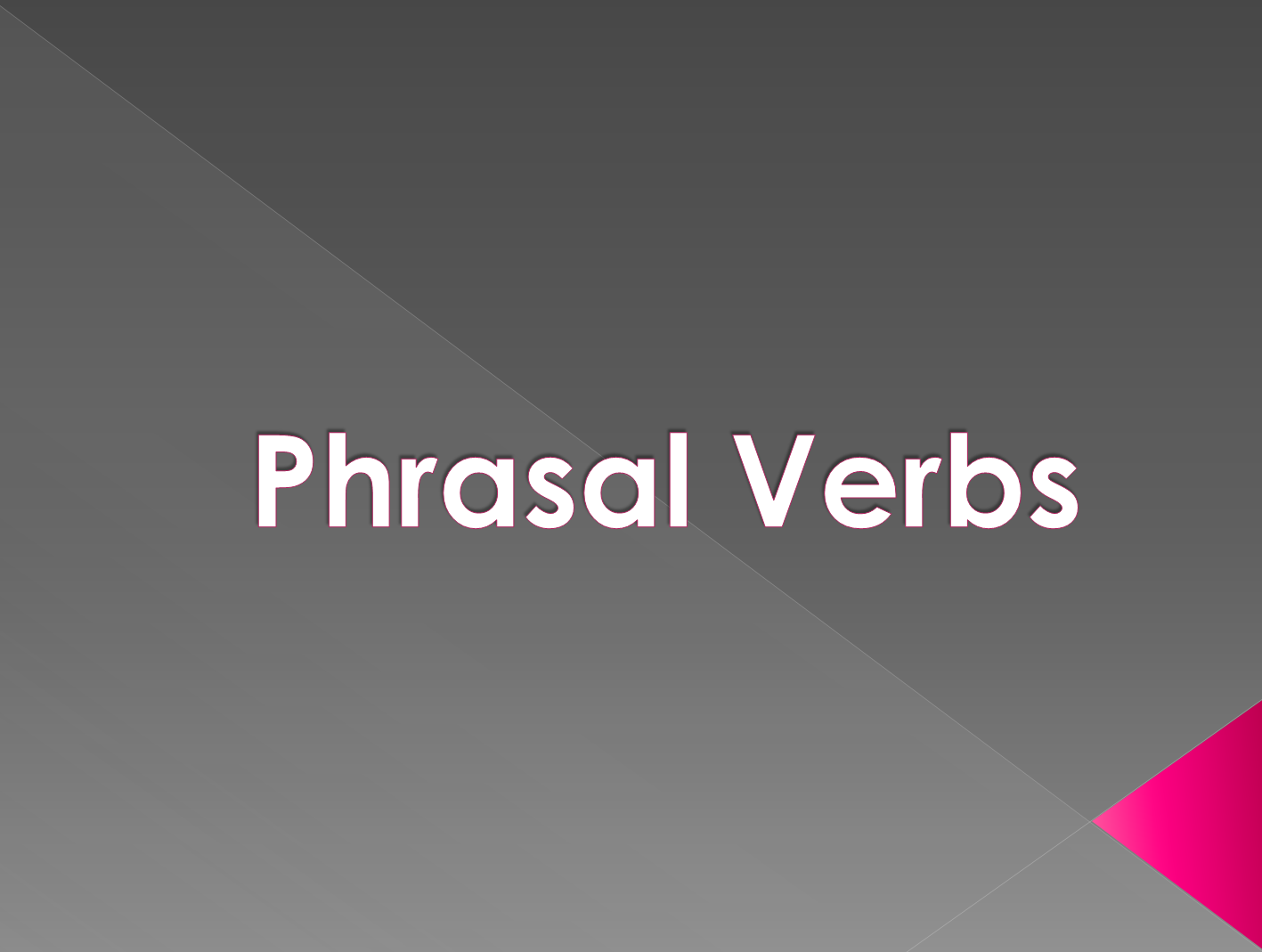
The International English Language Testing System (IELTS) is widely recognized as a reliable means of assessing whether candidates/students are ready to study or train in the medium of English. IELTS is owned by three partners, the University of Cambridge Local Examinations Syndicate, the British Council and IDP Education Australia.
An IELTS exam consists of six modules. All candidates take the same Listening and Speaking modules. There is a choice of Reading and Writing modules according to whether a candidate is taking the Academic or General Training version of the test.
IELTS results are reported on a nine-band scale. In addition to the score for overall language ability IELTS provides a score, in the form of a profile, for each of the four skills (Listening, Reading, Writing and Speaking). These scores are also reported on a nine-band scale. All scores are recorded on the Test Report Form along with details of the candidate’s nationality, first language and date of birth.
Each Overall Band Score corresponds to a descriptive statement which gives a summary of the English language ability of a candidate classified at that level. The nine bands and their descriptive statements are as follows:
| Score | Level | Description |
|---|---|---|
| 9 | Expert User | Has fully operational command of the language: appropriate, accurate and fluent with complete understanding. |
| 8 | Very Good User | Has fully operational command of the language with only occasional unsystematic inaccuracies and inappropriacies. Misunderstandings may occur in unfamiliar situations. Handles complex detailed argumentation well. |
| 7 | Good User | Has operational command of the language, though occasional inaccuracies, inappropriacies and misunderstandings in some situations. Generally handles complex language well and understands detailed reasoning. |
| 6 | Competent User | Has generally effective command of the language despite some inaccuracies, inappropriacies and misunderstandings. Can use and understand fairly complex language, particularly in familiar situations. |
| 5 | Modest User | Has partial command of the language, coping with overall meaning in most situations, though is likely to make many mistakes. Should be able to handle basic communication in own field. |
| 4 | Limited User | Basic competence is limited to familiar situations. Has frequent problems in understanding and expression. Is not able to use complex language. |
| 3 | Extremely Limited User | Conveys and understands only general meaning in very familiar situations. Frequent breakdowns in communication occur. |
| 2 | Intermittent User | No real communication is possible except for the most basic information using isolated words or short formulae in familiar situations and to meet immediate needs. Has great difficulty understanding spoken and written English. |
| 1 | Non User | Essentially has no ability to use the language beyond possibly a few isolated words. |
| 0 | Did not attempt the test | No assessable information. |
Your performance in the real IELTS test will be reported in two ways: there will be a Band Score from 1 to 9 for each of the modules and an Overall Band Score from 1 to 9, which is the average of
your scores in the four modules. However, institutions considering your application are advised to look at both the Overall Band and the Bands for each module. They do this in order to see if you have the language skills needed for a particular course of study.
For example, if your course has a lot of reading and writing, but no lectures, listening comprehension might be less important and a score of 5 in Listening might be acceptable if the Overall Band Score was 7. However, for a course where there are lots of lectures and spoken instructions, a score of 5 in Listening might be unacceptable even though the Overall Band Score was 7.
Most universities and colleges in the United Kingdom, Australia, New Zealand and Canada accept an IELTS Overall Band Score of 6.0 or 6.5 for entry to academic programmes. IELTS scores are increasingly being recognized by universities in the USA.
Related Useful Articles:
- Idioms and Other Expressions Used For Talking About ‘Work’
- What Are Weasel Words?
- Money and Finance – Test Your Knowledge
- Phrasal Verbs, Idioms and Other Expressions Using ‘CUT’
- How to Say Time in English
- Idioms and Other Expressions Used For Talking About Money
- Shopping and Consumerism – Match the Correct Name
- Phrasal Verbs – Choose the Correct Verb
- Currency Markets – Choose The Best Words
- Personal Qualities – Use the Best Nouns and Adjectives
- Common Spoken Responses – Solve The Exercise
- Idioms and Other Expressions For Describing Character and Personality
- Decide Which one is Correct – United Kingdom (UK) Topic
- Symptoms & Common Illnesses – Complete the Conversations
- Phrasal Verbs, Idioms and Other Expressions Using ‘Pick’
- Pensions and Other Financial Products – Choose the Best Word
- Mortgages – Choose The Best Word (Exercise With Answers)
- International Payments – Choose Right Words
- [Operating An Account] Choose The Best Words to Complete the Sentence
- Money and Finance – English Grammar Exercise To Solve
- Idioms and Other Expressions Used For Talking About ‘Work’
- What Are Weasel Words?
- Money and Finance – Test Your Knowledge
- Phrasal Verbs, Idioms and Other Expressions Using ‘CUT’
- How to Say Time in English
- Idioms and Other Expressions Used For Talking About Money
- Shopping and Consumerism – Match the Correct Name
- Phrasal Verbs – Choose the Correct Verb
- Currency Markets – Choose The Best Words
- Personal Qualities – Use the Best Nouns and Adjectives








